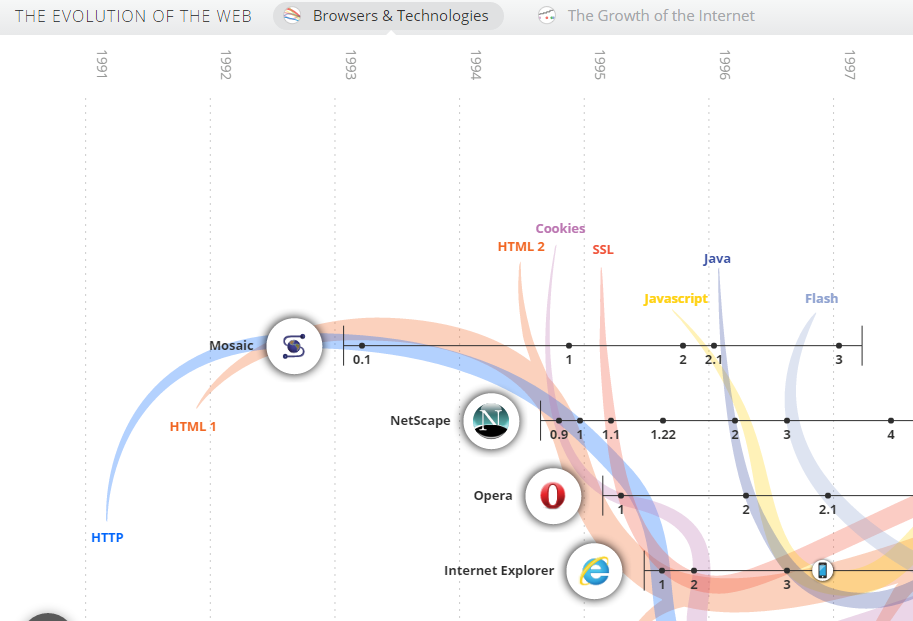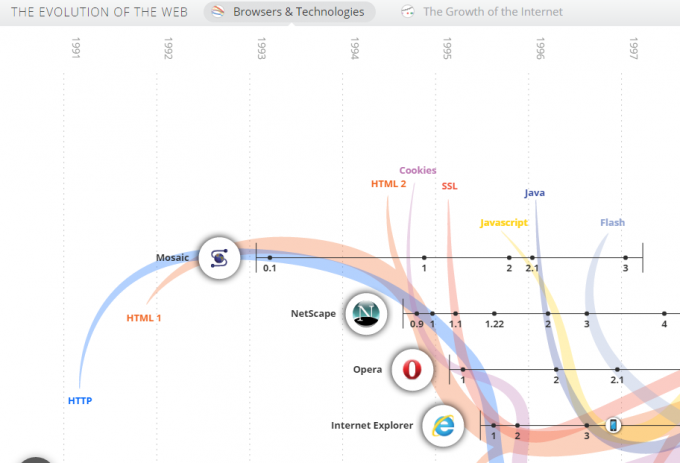
Web development can be rather broad subject for most of us to comprehend. However, if the industry was at a standstill with no practical steps toward its advancement the world would be in no better a place for the generation of today whose source of livelihood depends on the web industry. On the surface of things, most of us consider that it’s all about websites, but web development goes much further into developing some of the words we now use on a daily basis such as the simple use of “plain text” all the way to the more complicated web based applications such as social network services, internet connections to electronic businesses.
These words are defined by web professionals. Maybe the most appropriate would be that “web development” itself involves tasks such as network security configuration, web engineering, web content development, web design, client liaison and also server sides scripting. However to some extent it refers to all aspects other than website design such as writing HTML mark up and coding. Read a full guide about web application development in the Ramotion blog.
Today with the rapid evolution in the industry, web development has been given a new face by the term “Content management systems” (CMS). This discipline allows even those who may not specialize in website technicalities to be able to navigate through websites and make any necessary changes that they may deem fit for their website.
Some factors leading to the rapid advance in web development may include:

A Brief History of the World Wide Web
- Over the years most companies have proven that web development is more of a joint effort between the various departments within the companies’ departments where people such as graphic designers or IT specialists re designated with the mandate of coming up with a unifying website for all the departments.
- Many companies seeking to use their website as a marketing platform where they can sell their products thus increased growth in the industry.
- Another factor may be the increasingly affordable cost of website learning software. Today regardless of your job specialization you may learn website developing through the many platforms available online. Some of these software’s include Berkeley DB, Glassfish, Perl/Plack, and LAMP (Linux, Apache, MySQL, and PHP).
The history of web development is however one that has been dramatic, sometimes sudden but also transformative, this can be seen with the rise of e-commerce. Web developer entrepreneurs have been able to come up with online outlets such as Amazon, eBay and Buy.com that have transformed how people shop for their goods. Other similar web developments are online gift sites where people can easily obtain gifts for any occasion. Jobs either remote or onsite can be found through the multitude of job apps depending on the country you reside. This is good for web development and the economy.

A brief history of web design for designers
Some positive transformations have taken place in terms of making money online. Today any one, especially the young generation, can make money online by blogging on sites powered by the likes of WordPress and MovableType. The current web technology landscape has made it easy for individuals to easily open their own websites or blogs, where they can post their views are paid via ads or other sponsorships depending on how much traffic they drive to their websites.
Web development has seen many phases of evolution but with each phase has come a more advanced web technology that has made life easier for individual and more so companies and small businesses who have taken their marketing strategies to their websites and social platforms such as face book and twitter. If you interested in learning web development this is made easier for you with an existence of several books, tutors and also institutions offering online courses that are related to the industry such as graphic design, coding, website design some free and others at an affordable fee.
This technology essay is provided by www.advancedwriters.com professional writing agency.





